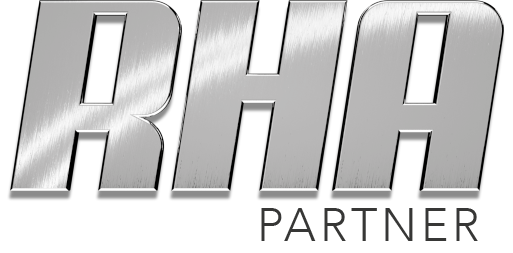WHAT DOES IT MEAN – AND HOW – TO AVOID FRAUD AND THEFT ON FREIGHT EXCHARGE SERVICES
Many businesses, without their own vehicle fleet for product distribution, often rely on online platforms dedicated to transport, loading and unloading services, risking to become victims of fraud or planned theft. The most common M.O. of organized crime is to pretend to be a transport company and then steal the cargo itself, causing huge losses. For this reason, the Multiprotexion team strives to make transport and honest hauliers safe through tracking systems and security devices installed on both the cabin and the semi-trailer, because using certified and safe transport services means preventing these unpleasant events from happening, and this is also possible thanks to a proper planning of transport and precautions to be observed.
Here are some tips promoted directly by TAPA EMEA, the international association for the protection of transported goods.
Transport planning
- Demand that insurance documents (CMR insurance) and operating licence are provided immediately and check for possible falsifications (i.e. check to see id the requested documents contain different text fonts, text sizes, mismatching “tabs” or generally look like they are copy-pasted and/or modified using a copier. Fake documents often contain spelling errors or a combination of different languages)
- Always demand information on the driver (ID), truck, trailer to be provided immediately (no chance of sub-sub-contracting or pre-listening on another freight exchange)
- Make sure someone reads and verifies the documents provided (can read the respective language)
- Cross-check all details and verify by phone through the contact details listed phone through the contact details listed in the exchange’s profile. Also check their website for professionalism and check the address on Google maps/street view
- Be cautions of companies whose ownership has changed recently (use online search engine)
- If in doubt, call the insurance company to verify if the policy provided is valid
- Communicate via phone and email; be extra cautious when dealing with freeware email providers and mobile phones (do not use messenger services such as Skype)
- New employees should only be working with freight-exchange platforms after a probationary period
During loading
- Ask for the original transport order
- Do an ID-check on the driver; ensure that it matches with the pre-alert and the picture provided matches the person. Compare the signature on the CMR with the Drive ID.
- Verify the truck/trailer licence plates with the pre-alert; in case of dubt, ask for the vehicle registration papers and verify the plate numbers
- Inform the driver that delivery address changes are never allowed
- If there is any dubt, hold the loading process
After loading
- Always follow up on the delivery with the customer
- Time is critical – always take action immediately when the goods have not arrived and the driver/subcontractor does not respond to your communications attempts any more. A few hours can be the difference between getting the goods back or not
- Make sure you inform the relevat freight-exchange platform immediately
Be extra cautious
- When questions are asked about the value and/or specific details of the product
- When shortly before pick-up, the truck or driver in changed
- During holidays periods bank holiday (unknown driver)
- With long distance linehauls that go over the weekend (this is preferred by most criminals to gain a time advantage due to the subsequent delay in discovery/loss reporting)


